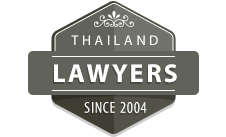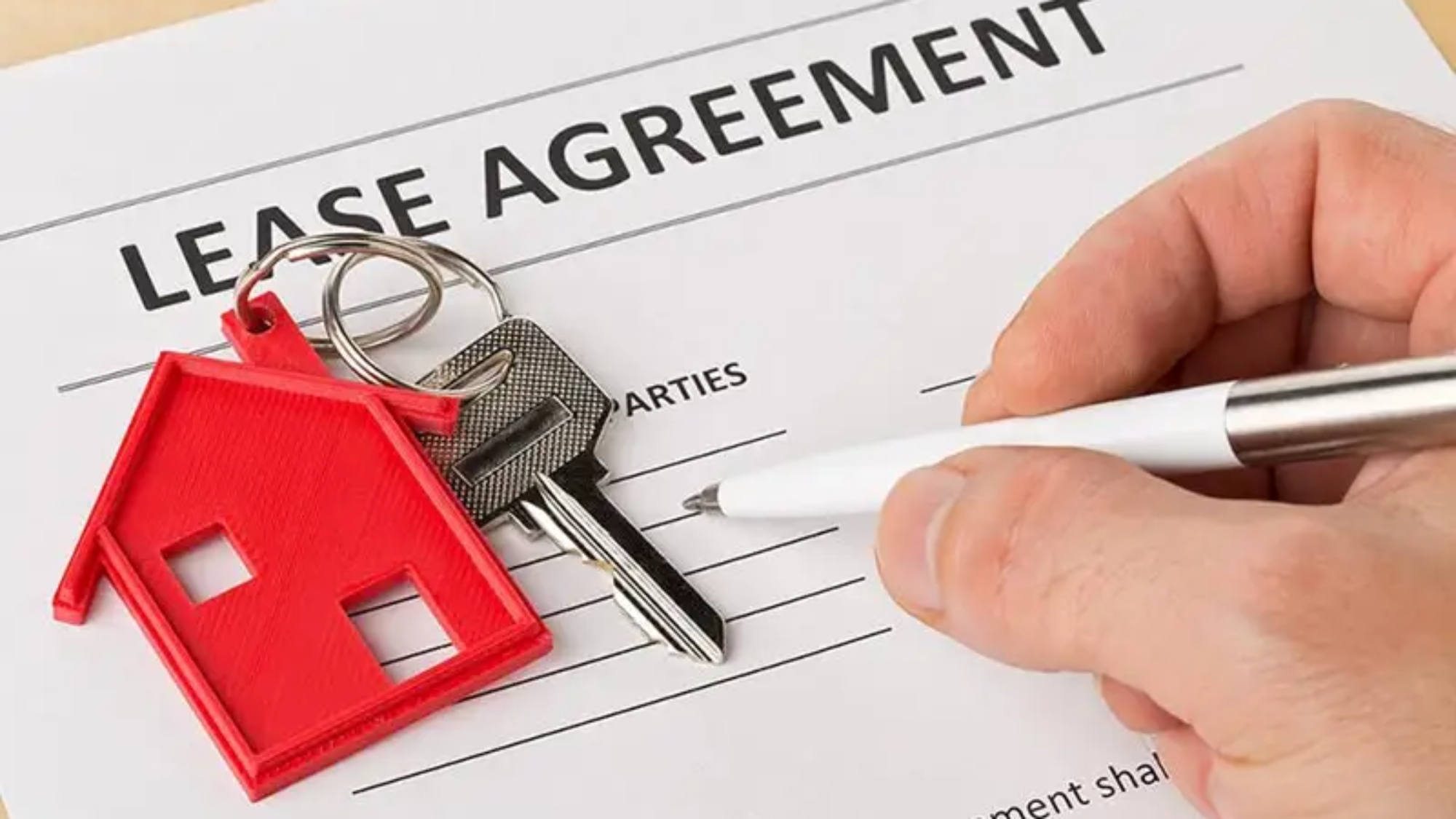A property leasehold in Thailand is a legal arrangement that allows an individual or entity to lease land or buildings for a specified term, providing long-term rights to use the property without ownership. Leaseholds are commonly used by foreign investors and residents due to restrictions on direct land ownership for non-Thais. This system offers a practical solution for those seeking property access while adhering to Thai property laws.
1. Legal Framework for Leasehold Agreements
- Lease Term Duration:
- Thai law permits a maximum lease term of 30 years, renewable under specific conditions.
- Registration Requirements:
- Leases exceeding three years must be registered at the local Land Office to be legally enforceable.
- Registration provides legal protection for the lessee throughout the lease period.
- Foreign Involvement:
- Foreigners can lease land for residential or commercial purposes but cannot own the land outright.
2. Applications of Leaseholds
2.1 Residential Use
- Foreign Residents:
- Leaseholds are popular among expatriates and retirees seeking long-term residence without navigating ownership restrictions.
- Custom-Built Homes:
- Lessees often lease land to construct homes, with ownership of the structure remaining separate.
2.2 Commercial Use
- Business Operations:
- Leaseholds are utilized for office spaces, retail establishments, and hospitality projects.
- Industrial and Agricultural Land:
- Used by businesses needing large plots for operational purposes.
3. Key Provisions in a Lease Agreement
- Parties to the Lease:
- Clearly identify the lessor (property owner) and lessee (tenant).
- Lease Term and Renewal Conditions:
- Specify the lease duration, with any renewal terms documented to avoid disputes.
- Use of Property:
- Define permitted activities, such as residential, commercial, or agricultural use.
- Transferability and Subleasing:
- Outline whether the lessee can sublease or transfer their leasehold rights to third parties.
- Maintenance and Repairs:
- Allocate responsibilities for property upkeep and costs between the lessor and lessee.
4. Financial Aspects
- Initial Payments:
- Lessees often pay a substantial upfront fee, especially for premium properties.
- Ongoing Rent:
- Rent terms are typically fixed, with periodic adjustments based on inflation or market conditions.
- Additional Costs:
- Lessees may be responsible for taxes, utilities, and maintenance expenses, depending on the agreement.
5. Benefits of Leasehold Arrangements
- Accessibility for Foreigners:
- Provides a viable means for non-Thais to enjoy property usage rights.
- Lower Initial Investment:
- Generally less costly than outright property purchase.
- Flexibility:
- Suitable for temporary residence or businesses with limited long-term commitments.
6. Potential Challenges
- Uncertain Renewals:
- Lease extensions depend on the property owner’s willingness, making long-term security uncertain.
- Limited Ownership Rights:
- Lessees cannot claim ownership of the land and must vacate upon lease expiration unless renewed.
- Legal Disputes:
- Poorly drafted agreements may lead to disagreements over terms or early termination.
7. Practical Tips for Leasehold Arrangements
- Engage Legal Professionals:
- Hire an experienced property lawyer to draft or review lease agreements.
- Verify Title Deeds:
- Ensure the lessor holds a valid Chanote (Nor Sor 4 Jor) title deed for the property.
- Register the Lease:
- Always register leaseholds longer than three years to secure legal enforceability.
- Include Renewal Clauses:
- Negotiate renewal terms in writing to avoid future uncertainties.
Conclusion
Leaseholds in Thailand offer an effective legal framework for both foreigners and locals to access property rights without ownership. While they come with limitations, careful negotiation, legal compliance, and thorough due diligence can ensure a secure and mutually beneficial arrangement. Whether for residential or commercial purposes, leaseholds provide a flexible and practical solution within Thailand’s property market.


Leave Your Comment